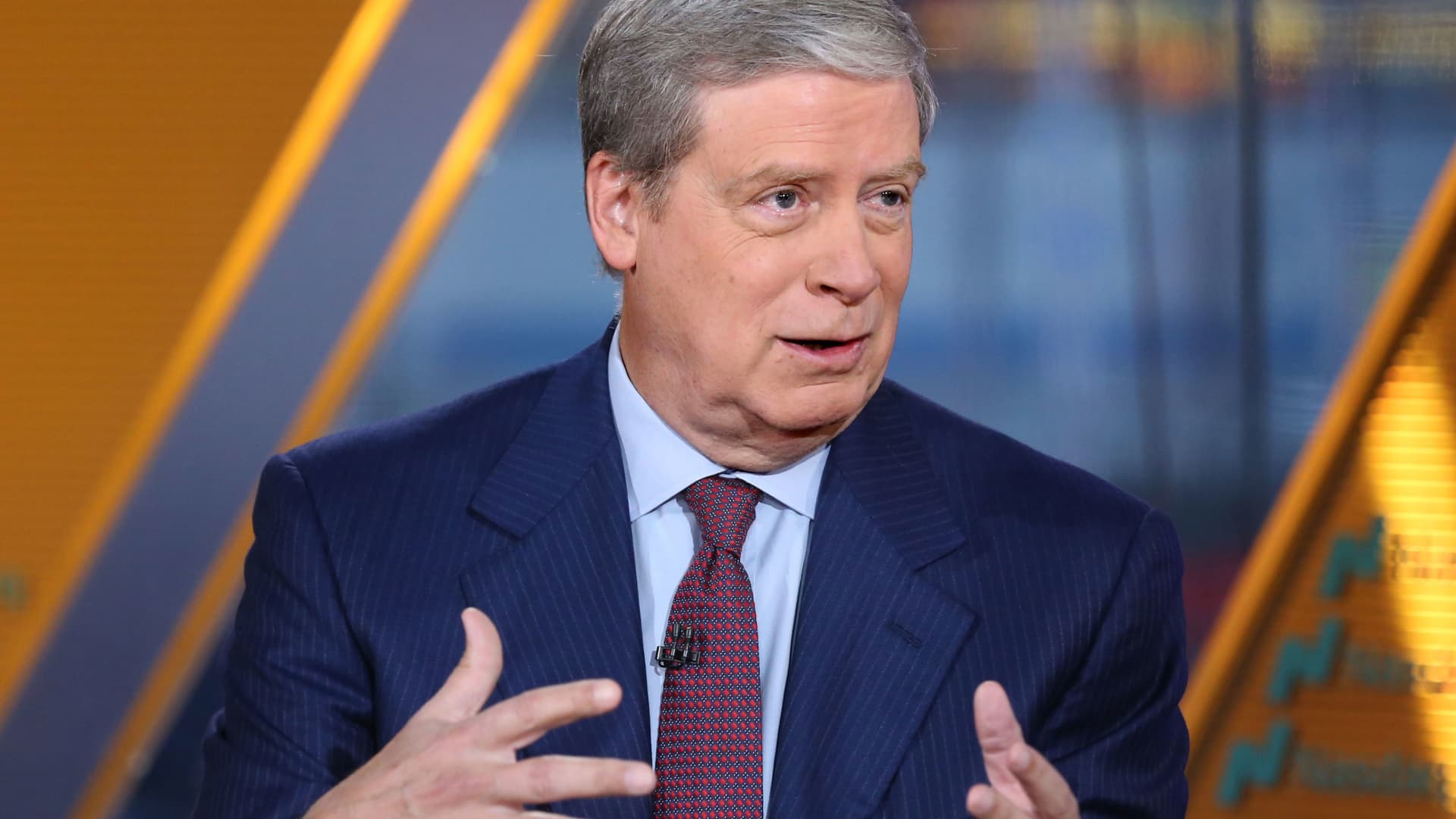Even though I received my BA in Econ from the Univ of Iowa many years ago, I did not know this until a couple of years ago. It turns out that countries with high SAVINGS rates run trade surpluses.
My wife is from Oelwein and since I met her, it has dropped in size by 40%. A book was written about Oelwein called Methland. I always thought is was such a tragedy that there were no jobs in Oelwein along with many other towns in the Midwest like Rockford & Flint.
If you look at manufacturing jobs, they have fallen for decades
Manufacturing Jobs
The loss of manufacturing jobs correlates with consistent trade deficits.
Trade Deficit
It turns out the Current Account (Trade Balance) is = to the Financial Account. This is stated in the formula:
Savings-Investment=Exports-Imports
Current Account=Financial Account
It turns out budget deficits are DIS-SAVINGS. Recently, both political parties have ran up large budget deficits that increase the National Debt.
National Debt
The consistent trade deficits & loss of manufacturing jobs has made real (after inflation) median income flat for years.
Median Income
So how do you help the people of Oelwein, Flint & Rockford? The US needs policies to increase SAVINGS like reducing budget deficits by increasing taxes and/or cutting spending.
My wife is from Oelwein and since I met her, it has dropped in size by 40%. A book was written about Oelwein called Methland. I always thought is was such a tragedy that there were no jobs in Oelwein along with many other towns in the Midwest like Rockford & Flint.
If you look at manufacturing jobs, they have fallen for decades
Manufacturing Jobs
The loss of manufacturing jobs correlates with consistent trade deficits.
Trade Deficit
It turns out the Current Account (Trade Balance) is = to the Financial Account. This is stated in the formula:
Savings-Investment=Exports-Imports
Current Account=Financial Account
It turns out budget deficits are DIS-SAVINGS. Recently, both political parties have ran up large budget deficits that increase the National Debt.
National Debt
The consistent trade deficits & loss of manufacturing jobs has made real (after inflation) median income flat for years.
Median Income
So how do you help the people of Oelwein, Flint & Rockford? The US needs policies to increase SAVINGS like reducing budget deficits by increasing taxes and/or cutting spending.




